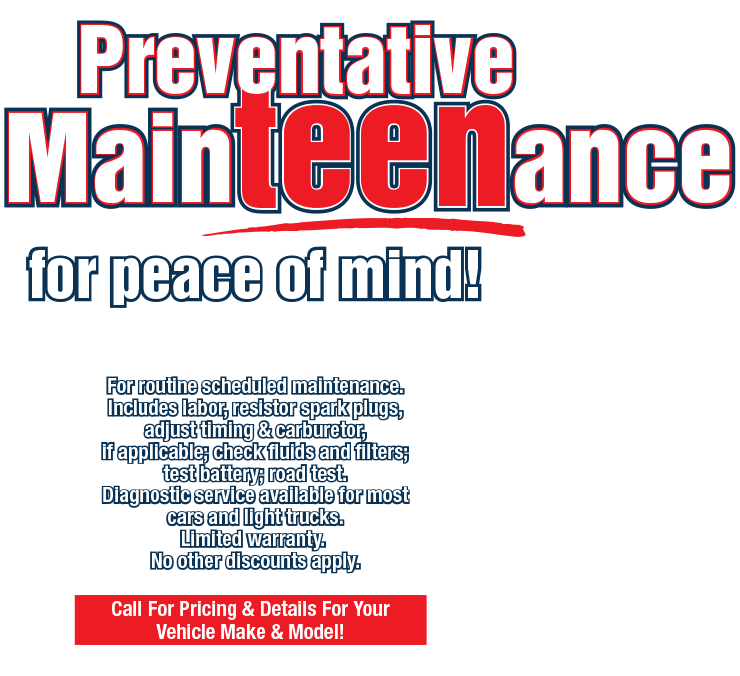How Much Does It Cost? (Variations in Vehicle Repair Costs)
October 29, 2023
Ever wonder why it costs so much more to fix a similar problem in two different vehicles? Let's say you now own an SUV and before that, you owned a car. Your SUV's air conditioning system needs a new evaporator, but the cost for the new one is way more than you remember it was for your car. How can there be that big of a difference?
There are many reasons. For one thing, vehicles aren't all the same. Yes, they have engines and steering wheels and suspensions, but engineering and design can vary widely among different styles and brands.
In the case of replacing the evaporator, the one in your former car may have been located in a spot where the technician could get to it easily. Plus, the part may have been less complicated and, therefore, cheaper. Your SUV may require the entire dashboard to be removed with special tools to detach the a/c lines from the evaporator. Plus, since it is supplying cool air to a bigger cabin, it may be more complicated; the part itself may cost quite a bit more.
But you're not an expert, so how do you know the price is fair? This is where it helps to establish a good, long-lasting relationship with a reputable service repair facility. They know you, they know your vehicle and they value keeping you as a customer. A facility that doesn't care about repeat business may try to suggest more repairs than are needed or inflate their prices. But those shops are unlikely to stay in business very long since their reputation gets around.
If you've been taking your vehicles to the same shop for several years, you've had experience with them and know their policy on labor costs and parts prices. At some point you may wonder if it's worth it to keep putting money into your vehicle, and if you know your service advisor, you have developed a trust for his or her advice.
Keep this in mind, too. Vehicle designers and engineers have made significant progress in things like powertrain technology and rust prevention. That means today's vehicles are meant to last longer. One study in a major consumer magazine shows that if you can keep your vehicle on the road for 200,000 miles/320,000 km, an average of 15 years, some vehicles can save you up to $30,000 or more. Investing in repairs can make a lot of sense.
Gary Knurek GoodYear
1973 Livernois
Troy, Michigan 48083
248-362-0350
Need Service?
More articles from Gary Knurek, Authorized GoodYear Dealer

When it Comes to Air Filters, Change is Good (Clogged Air Filter)
January 5, 2025
Engine air filters may not seem like a big deal, but when theyre clogged up with dirt, dust, and insects, your engine could wind up choking for air and not delivering you the power and performance it was designed to give. There are actually a couple of air filters in your vehicle. One filters th... More

Bump in the Road (Alignment)
December 29, 2024
There's something you can do that helps your tires last longer, wear more evenly and your vehicle handle better. "Sign me up," you say! Wondering what that is? It's aligning your wheels, and it will literally point you in the right direction when it comes to a better and safer driving experience... More

Differential Essential (Differential Fluid Exchange)
December 22, 2024
What's the dif? To an automotive technician, it's the differential, a part of your vehicle that helps direct power from the engine to the wheels. The differential is a gearbox that enables the drive wheels to turn at different speeds (they do that when you turn). Inside the differential is a f... More









